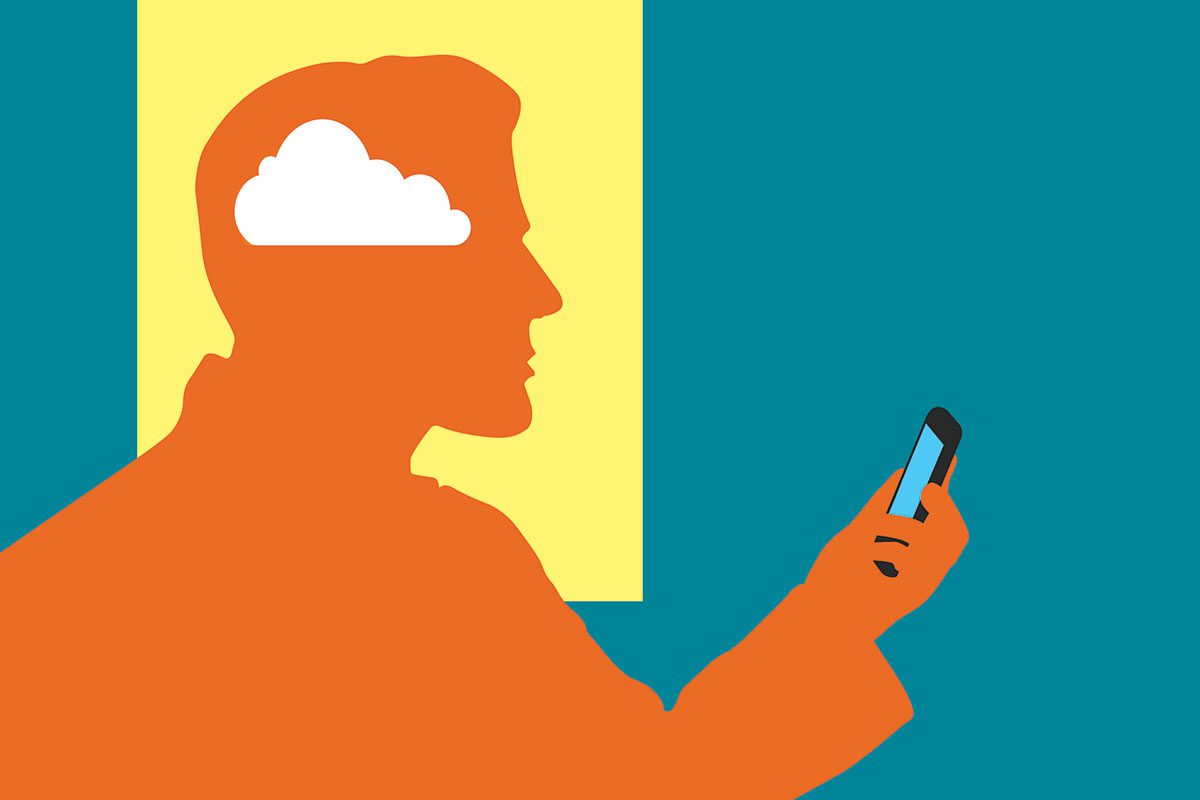In Tech World, our endless fascination with smart devices promises convenience, but also raises the question: are we unknowingly sacrificing our intelligence? This article dives into scientific findings, stats, expert quotes, FAQs, and key takeaways. We’ll quote famous names, show stats, answer FAQs, and provide other high‑end website links—all for a deeper analysis.
1. The Cognitive Cost of Presence – Tech World Insight
Recent research shows that the mere presence of a smartphone—even turned off—reduces working memory and fluid intelligence. In one study by Ward et al. (2017), participants performed worse on cognitive tests when their phones were on the desk compared to in another room
Furthermore, a 2023 study found that even without interaction or notifications, participants completed attention tasks more slowly when their smartphones were nearby
This implies that having the device close by imposes a cognitive load, siphoning limited mental resources away from the main task.
2. Multitasking and Distraction in the Tech World
In Tech World, media multitasking is rampant. Studies show off‑task multitasking, like switching between social media, messages, and studying, correlates with lower GPA, reduced memory retention, and less focus
Each switch between tasks fragments working memory, impeding deep reasoning and productivity.
3. The Google Effect & Digital Amnesia
Cognitive scientists call it the Google effect—or digital amnesia—where people recall less when they expect online information to be accessible
In Tech World, we rely on devices to store phone numbers, appointments, and factual data—leading to superficial encoding and weakened long‑term memory.
4. Social Costs: Phubbing and Reduced Interpersonal Intelligence
The phenomenon of phubbing—ignoring people to use your phone—is widespread in Tech World
This behavior undermines real‑world interpersonal skills, empathy, and meaningful human connections.
5. Digital Determinism: Are Smart Devices Dumbing Us Down?
Recently, commentators in The Australian and the Financial Times argued smart devices promote superficial thinking and societal ignorance. One article says we’re fostering a “structural stupidity” through misinformation and algorithmic echo chambers
The FT’s concept of brain capital warns that cognitive abilities like creativity, analytical skill, and focus are under strain from constant digital distraction
6. A Nuanced View: Potential Benefits for Older Adults
On the flip side, a Nature Human Behavior meta‑analysis (April 2025) found digital device use among older adults correlated with 42% lower rates of cognitive decline compared to non‑users
Thus, in the Tech World, active device use (learning, socializing, memory aids) may benefit older brains—contrasting with passive or distracting use.
7. Persuasive Design and Addictive Behavior
Smartphones are engineered with persuasive designs—notifications, auto‑play, infinite scroll—to boost engagement and habit formation. A study of Chinese university students found 25% self‑reported problematic use linked to app designs that reinforce compulsive checking
These patterns erode self‑control and contribute to attention depletion in Tech World.
8. How AI Tools May Compound the Problem
Emerging MIT research (June 2025) suggests that tools like ChatGPT further reduce critical thinking and executive control. Young adults writing essays with AI showed less brain activity and poorer memory retention
Alongside smartphone distraction, AI shortcuts compound the decline of active cognitive engagement.

9. Famous Names & Quotes in Tech World Context
“Your conscious mind isn’t thinking about your smartphone, but that process … uses up some of your limited cognitive resources. It’s a brain drain.” — Ward, UT Austin researcher
“Communication is happening, yet connection is declining. Phubbing turns people into digital zombies.” — social behavior experts
“When the smartphone becomes more noticeable, participants’ available cognitive capacity decreases.” — Ward’s group
10. FAQs
1. Does the phone have to be on to affect cognition?
No. Even turned-off phones in view can reduce attention and working memory Nature.
2. Can smart devices ever improve intelligence?
Yes—for older adults, active device use is associated with reduced cognitive decline, though causality isn’t proven
3. What’s persuasive design?
Features built into apps and OSes to boost attention retention—like autoplay, badges, and alerts. These can encourage problematic smartphone use
4. Are students more affected?
Yes—multitasking during lectures or studying correlates with lower academic performance and memory recall
5. How do I limit the negative effect?
Simple steps like placing the phone in another room while studying helps reduce cognitive drain. Also practice digital detox, disable unnecessary notifications, and intentionally allocate device‑free time.
11. Stats & Data Highlights
- Presence of a phone reduces working memory and intelligence test performance—even when off or silenced
- 42% lower risk of cognitive impairment in older adults using smartphones regularly
- 25% of students report problematic smartphone behaviors tied to persuasive app design
12. Key Takeaways
- Tech World’s smartphone obsession introduces a hidden cognitive load: just having the device near you drains attention and memory capacity.
- Multitasking and phubbing erode focus, impair learning, and weaken social intelligence.
- The Google effect rewires memory: we remember less when expecting devices to store the info.
- Still, older adults may benefit cognitively from active device usage, showing less decline over time.
- Design nudges in apps reinforce phone-checking addiction, further degrading concentration.
- AI use may decrease critical thinking if over-relied upon, deepening existing issues.
- Practical strategies—like phone‑free zones, notification control, and scheduled detoxes—can help reclaim mental bandwidth.
13. Other High‑End Website Links
- A systematic review of smart home device harms (privacy, cognitive overload)
- Impact of social interactions in smartphone contexts and design to restore richness
Conclusion
Our Tech World obsession with smart devices offers undeniable benefits. Yet, the hidden cognitive cost—from distraction, reduced memory, fragmented attention, and design manipulation—is real. While technology can empower especially older adults, we must strike a balance. By consciously moderating presence and usage of smart devices, we preserve our intelligence rather than trade it for convenience.

